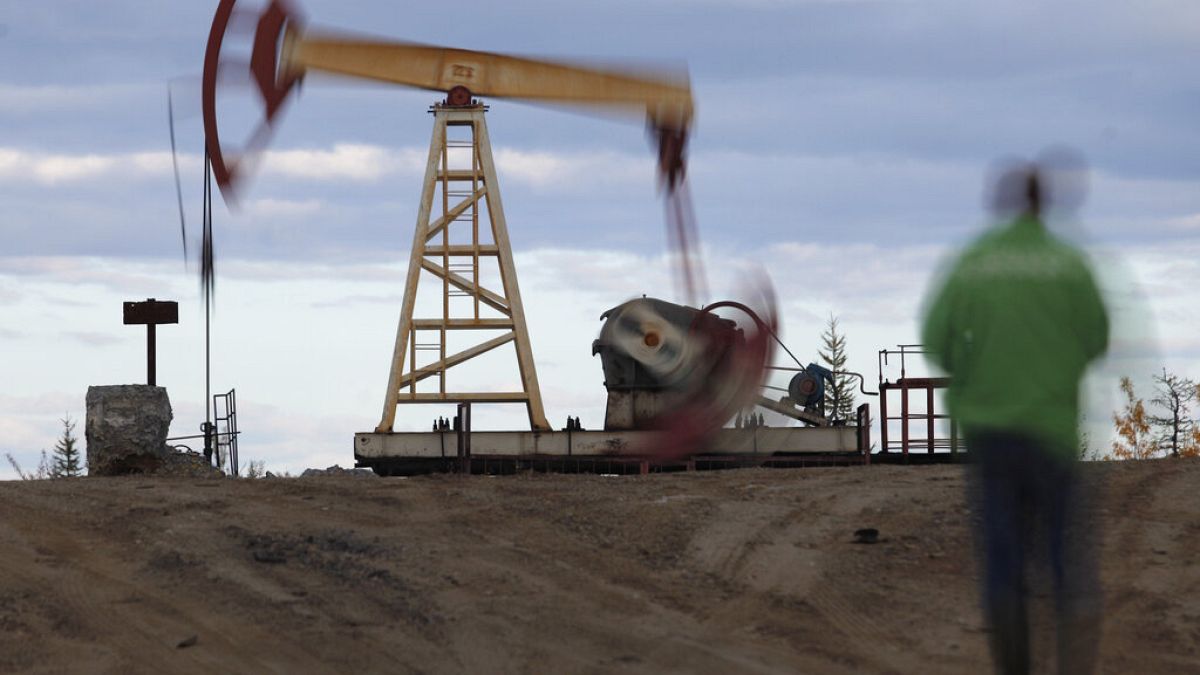Fresh EU sanctions on Russian crude and refined oil have been on the table for weeks without progress.
Doubt is beginning to fall on the European Union's ability to act as a unified bloc as member states still haven't agreed on a Russian oil embargo. The proposal to phase out imports of crude over the next six months, and refined oil by the end of the year, was put forward by Commission president Ursula von der Leyen weeks ago. Its fate remains uncertain.
One of the major obstacles is Hungary. A number of logistical - as well as political - contingencies make it harder for Viktor Orbán's government to break free of reliance on Russian oil.
But Orbán is asking for money too. Specifically, Budapest wants access to the COVID Recovery Fund cash that the EU has so far withheld from the state due to concerns about corruption. Resolving this stalemate is pivotal, because any new sanctions on Russia require unanimous agreement.
Russian oil-reliant states hope to buy time
The prime minister of Belgium, Alexander De Croo, told Euronews that Budapest is not the only country seeking dispensation. He is optimistic, however: "I think it's possible to get over the line, but we have to have answers to the concerns, which I think are legitimate."
Preserving member states' economies through the sanctions period, he says, is vital: "Your foreign policy can only survive if your middle class is still able to defend it. Having the buy-in from our population is an important thing. I fear we're in for a long period of instability and we need to make sure people aren't suffering too much."
Other countries are in a similar situation. The Czech Republic, Slovakia and Bulgaria have warned they will need more time than most to implement the new sanctions, as well as financial support. Bulgarian Prime Minister Kiril Petkov has said: "You cannot build an oil refinery overnight or create a new pipeline overnight.
"Nevertheless, we as Bulgaria would fully support an overall consensus. We just want to have the special derogation until the time we can manage. But we've also been very hard done on some of the measures that have been taken already, including the freezing of the bank reserves of the Russian Federation".
Oil sanctions and the Russian war in Ukraine are among the issues expected to dominate a summit of EU leaders on Monday and Tuesday. But EU sources say they will not alter or dilute the package in a way that will undermine its strength in order to pass it. They will take as much time as needed, they say, to ensure it targets lucrative revenues for Russia.
